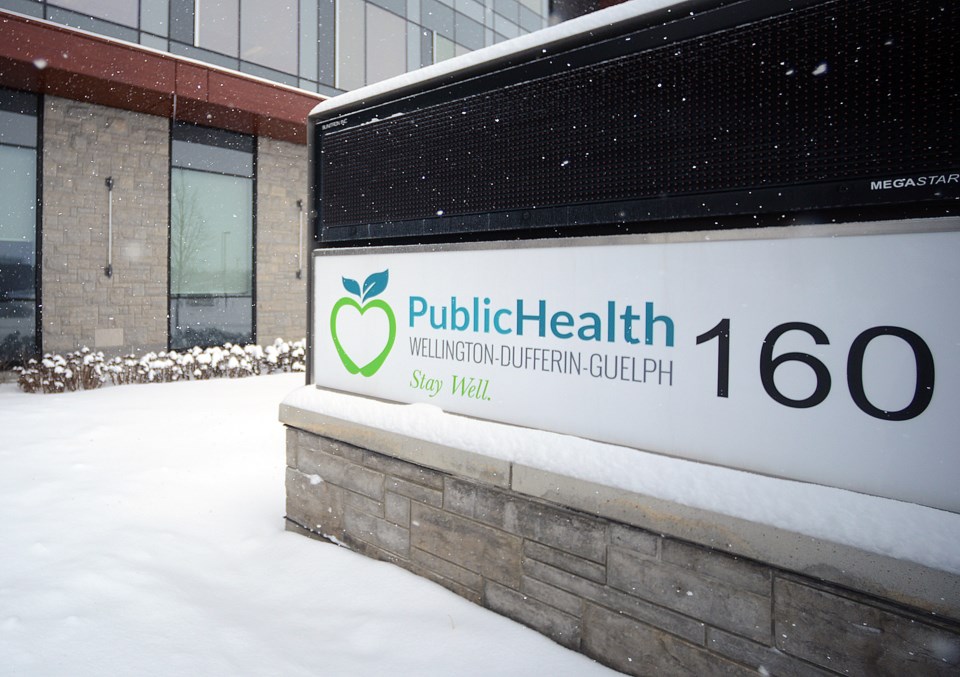Wellington-Dufferin-Guelph Public Health has suspended some of its lower level inspection work to put more focus on coronavirus preparedness.
Some of the work being set aside includes regular inspections the health agency would normally do at lower risk locations, such as grocery stores.
“We have been slowly redeploying and reallocating people to a number of fields in order to manage the effect of COVID-19 on us,” said Medical Officer of Health Dr. Nicola Mercer.
“There’s been a number of changes, we cannot do all this additional work and continue to do all of the work that we routinely do. We just don’t have enough bodies to do that,” she said.
“We are making strategic decisions to stop doing some of what we would call very low risk inspections or assessments in order to prioritize the current high risk work. We just don’t have enough staff to be able to do both.”
Public Health has not had any confirmed cases of coronavirus in the area.
So far there has been 30 people tested for coronavirus based on their recent travel history. Of those 30, 22 of the tests came back negative and the other eight lab results have not yet been finalized.
Testing has also been done on some students at the University of Guelph with no positive cases reported, says Public Health.
On Thursday Waterloo Region had its first confirmed case of coronavirus.
Public Health said that unless you have a travel history to certain areas known to have coronavirus outbreaks, have been in contact with such a person or have symptoms, there is no reason to be tested.
Public Health will continue to do its regular work of inspections and assessments in higher risk locations, such as full-service restaurants, and will continue to investigate complaints from the public.
“Everything that we are stopping or deferring for now is all low risk activity and anything that is high risk activity, such as the hep C recall, which is taking a lot of staff resources, is continuing to go forward,” Dr. Mercer said, referring to the recent inspection and testing of a local nail salon that resulted in hundreds of people showing up to Public Health’s head office for blood testing.
Public Health has an extensive plan in place should the virus be discovered here and it works with other public organizations to help develop that plan, said Associate Medical Officer of Health Dr. Matthew Tenenbaum, the primary preparedness lead on the coronavirus threat locally.
“We’ve made this response a priority for the agency,” he said. “We want to make sure we are internally prepared.”
Dr. Tenenbaum said the disease is transferred primarily by methods such as coughing and sneezing and has an average incubation period of five days.
“It’s slightly more transmissible than the flu,” Dr. Tenenbaum said.
Eighty per cent of coronavirus cases are mild and it has a mortality rate of 2 per cent of all cases.
As for the best precaution against spreading coronavirus: “wash your hands, wash your hands, wash your hands," Dr. Mercer said.
